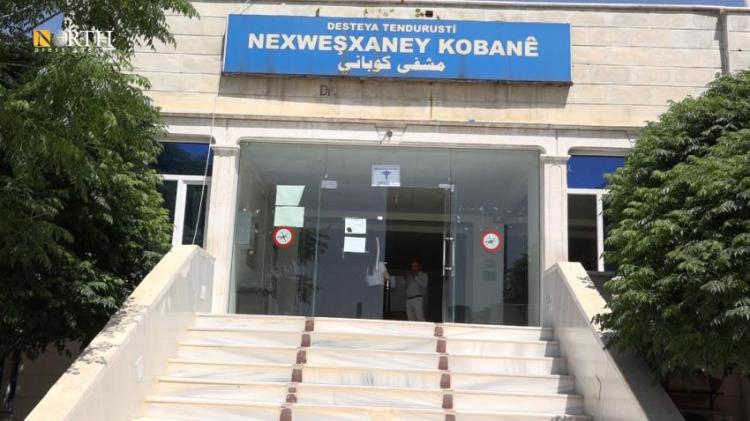North-Press Agency
13-year-old Farhan Saadou was playing with his peers in the square of Kalta village in the southern Kobani countryside, northern Syria, when he was bitten by a dog. A month later, Saadou died from the bite.
Residents there talk about the recent spread of the rabid dogs in Kobani and its countryside, and about the danger they will face, especially with the lack of vaccines and medicines to treat such cases.
The management of Kobani Hospital confirms that the number of cases that were exposed to the bites of rabid dogs in the city and its countryside since the beginning of this year until yesterday, May 27, reached 43.
"He received a vaccine for rabies in a pharmacy in al-Jalabia town, but we did not know that the dog was rabid," said Daham Saadou, Farhan's brother.
Saadou pointed out that in Kobani Hospital his brother was examined and given some health instructions, "because we had previously taken medicines and sterilizers from the pharmacy.”
Director of Kobani Hospital Buzan Sheikh Bakr told North-Press that the child had taken a vaccine from a pharmacy in al-Jalabia town, while on the 20th of April he visited the hospital where the doctor on duty examined him and instructed his family in proper care.
Sheikh Bakr added that the child appeared to be in poor health upon his second review on May 22nd, noting that the child would have recovered if he had received the proper care at the appropriate time.
Difficulty securing vaccines
He pointed out that due to the difficulty of securing the rabies vaccine, it is not available. These vaccines come either from Syrian regime-controlled areas or from Iraq, so it is not sold in pharmacies. He noted that the World Health Organization provides only recognized countries with it, while does not provide them for the Autonomous Administration.
According to Sheikh Bakr, recently 20 rabies vaccines arrived to Kobani hospital from Qamishli city, while the Health Board secured 36 vaccines from the black market in Manbij city at a price ranging between 13,000 and 16,000 SYP per vaccine.
Treatment
Kobani Hospital doctor Ali Ahmed Shaheen explained that the parents should go to the nearest medical point when children or people are bitten in order to take the necessary measures, especially sterilizing and cleaning the place of infection, and give them the necessary doses of the vaccine.
Shaheen added that the treatment requires four doses for a wild dog's bite, while it needs only one dose for a pet dog's bite.
Nature reserve
Ismail Khaled, the General Administrator of Environment in the Euphrates Region, said that on Wednesday, they started the establishment of a nature reserve, which is expected to solve the problem of wild dogs, within the project they have been studying for three months.
Khaled added that the project will include 24 species of local and imported animals in addition to 32 types of local and imported plants, noting that the wild dogs' section will be ready by June 15th at the latest.
According to Khaled, the project is being established in the village of Qashleh, 18 km southeast of Kobani, costing $130,000 for an initial area of 20,000 square meters, to be completed within 60 days.
Khaled explained that the dogs will be collected and placed safely in the reserve by specialists.

